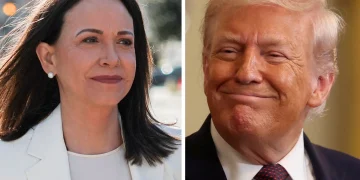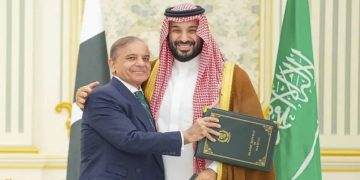Singapore: India Monday said it has reservations on joining the proposed Regional Comprehensive Economic Partnership (RCEP) with the ASEAN countries and its six FTA partners, due to concerns, including the “enormous” trade deficit with China, which has ballooned to over $57 billion.
The RCEP agreement is being negotiated among 10 ASEAN members (Brunei, Cambodia, Indonesia, Laos, Malaysia, Myanmar, the Philippines, Singapore, Thailand, and Vietnam) and their six trade partners – Australia, China, India, Japan, Korea and New Zealand to create a free trade pact covering a third of the world’s economy.
External Affairs Minister S Jaishankar, speaking during a panel discussion at the inaugural session of India-Singapore Business & Innovation Summit here, said India remained concerned over the unfair” market access to Indian products and the “protectionist policies” of Beijing that have created a significant trade deficit between the two nations.
The trade deficit with India in 2018, according to official Chinese data, climbed to $57.86 billion from $51.72 billion in 2017 in about $95.54 total bilateral trade.
The Indian industry has raised concerns over the presence of China in the grouping with which India has a huge trade. Various sectors, including dairy, metals, electronics, chemicals, and textiles, have urged the government to not agree on duty cut in these segments.
“The big concerns of India are of course, one, its relationship with China because we have an enormous trade deficit with China,” Jaishankar said in response to a question on the ongoing negotiations for the RCEP.
At the session, also attended by his Singaporean counterpart Vivian Balakrishnan, Jaishankar said India fears that the RECP deal, which would call for a lowering of tariffs, would lead to a flood of goods from China while not assuring India of an equal access to the Chinese markets, thereby widening its large trade deficit.
The 16 RCEP participating nations that are negotiating a mega free trade agreement, Sunday, have agreed to work together to iron out outstanding issues which are fundamental to conclude the talks this year, a joint statement said.
The statement was issued after the 7th RCEP ministerial meeting in Bangkok. Negotiators have expressed hope that the RCEP would be delivered by the end of the year.
India has registered trade deficit in 2018-19 with as many as 11 RCEP countries, including China, South Korea and Australia.
Jaishankar also raised concerns that India’s forte, its trade in services, was less well enforced through regulations than the trade in goods.
The deal had the geo-strategic objective of holding the line against protectionist and unilateral policies, he agreed. Even so, it had to make economic sense, he said.
“RCEP, at the end of the day, is an economic negotiation. It has a strategic implication but the merits… have to be economic,” he said.
Balakrishnan called the deal a “game-changer” that had the potential to secure the prosperity of its members in the face of a push-back against trade and globalisation.
“For India, China and Southeast Asia, the key political question is, can we arrive at a formula that would expand a rising middle class and give their children a sense of optimism,” he was quoted as saying by The Straits Times newspaper.






































